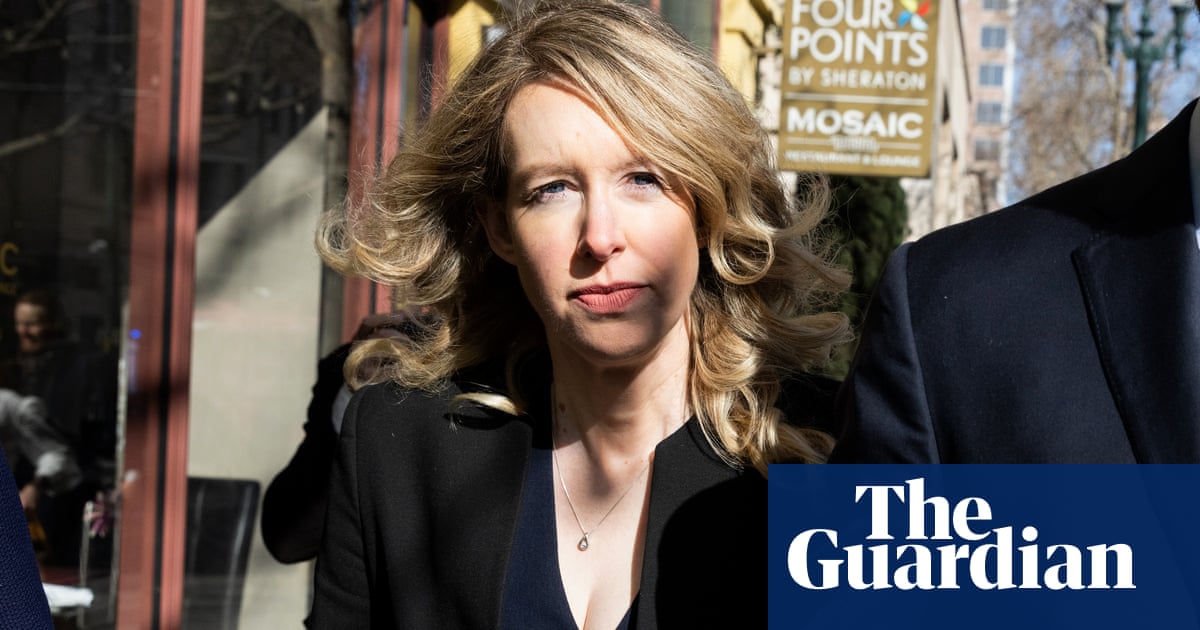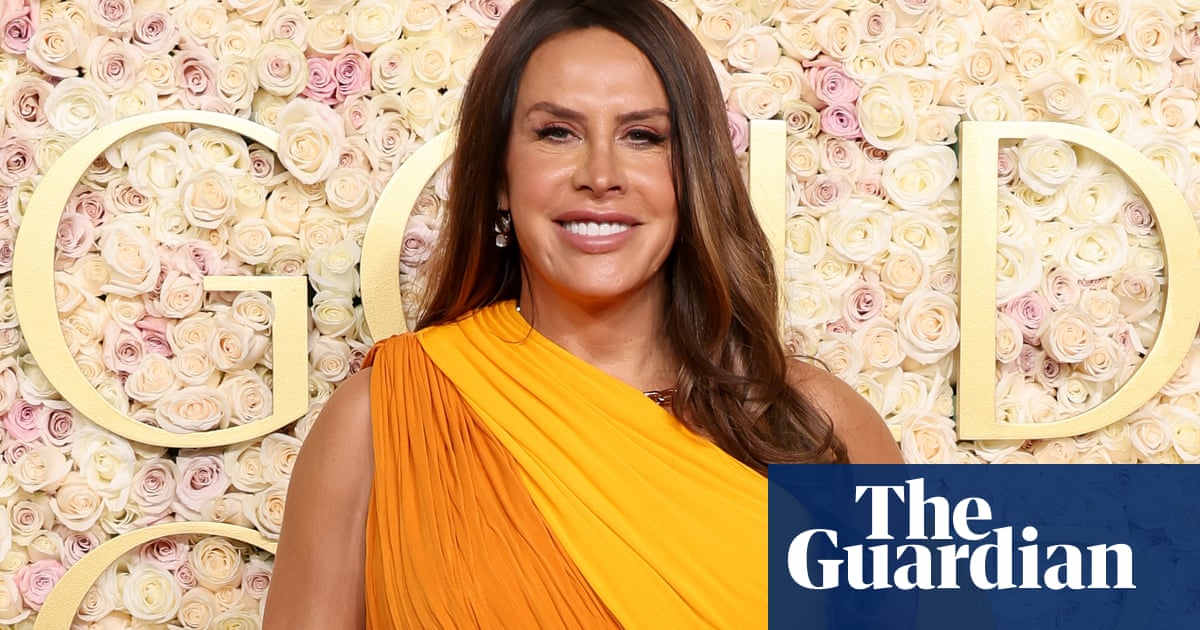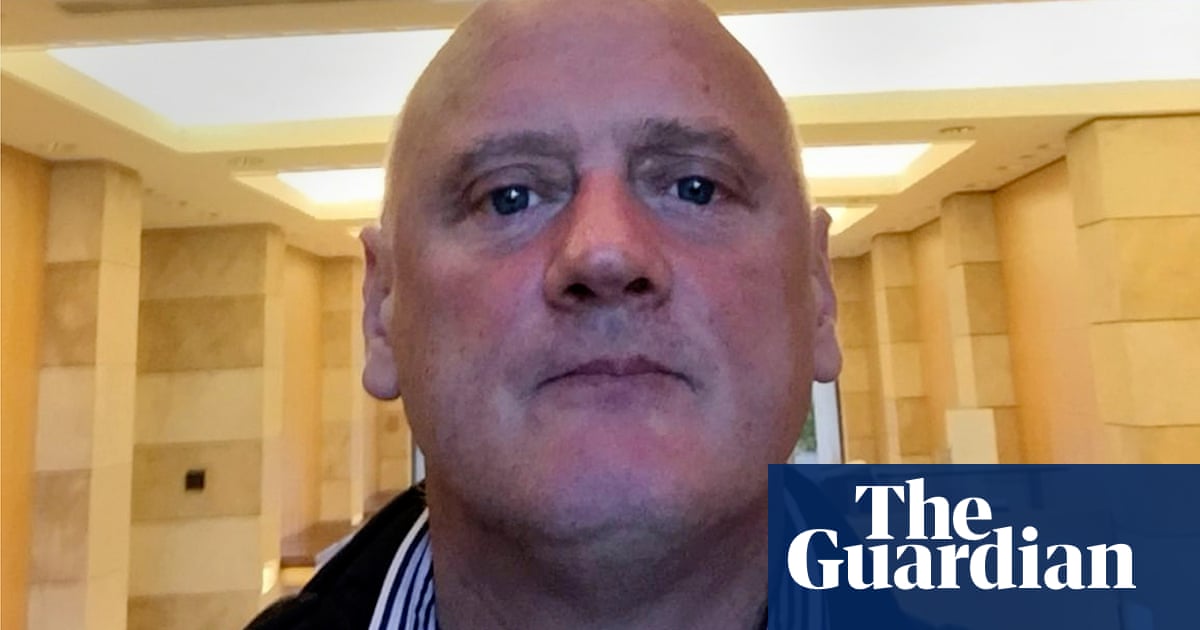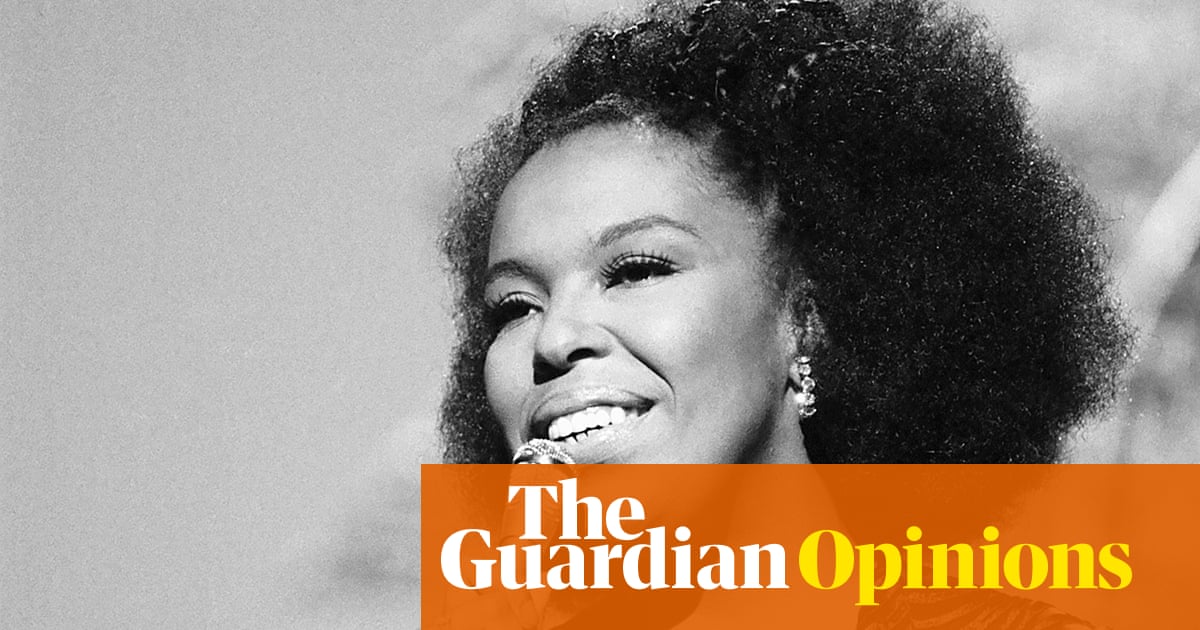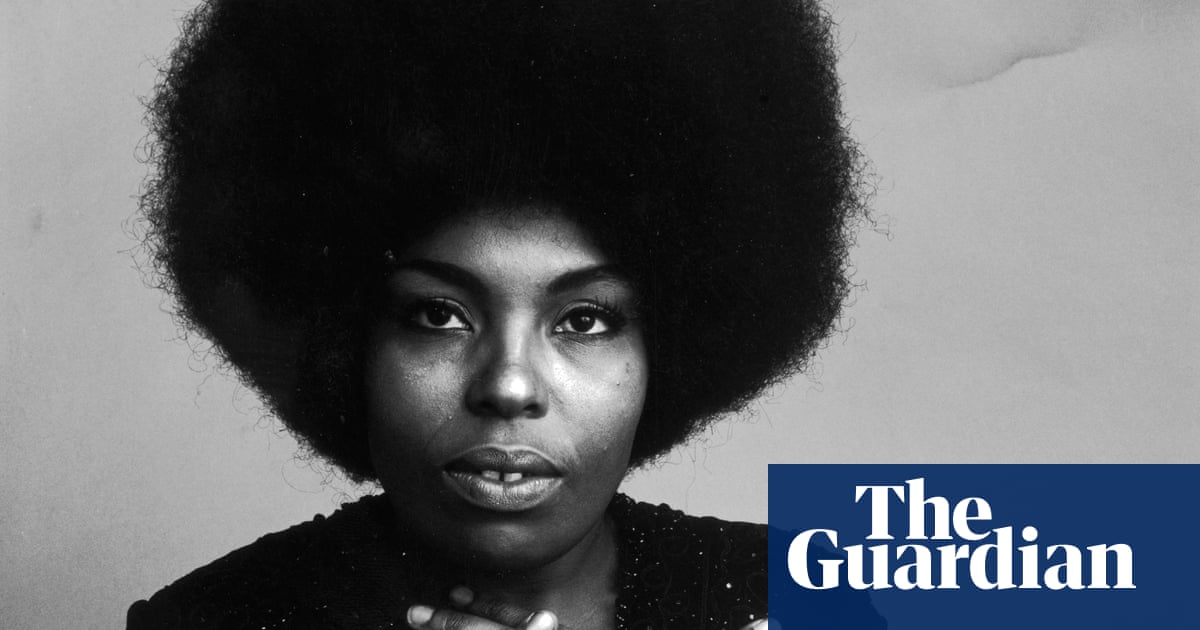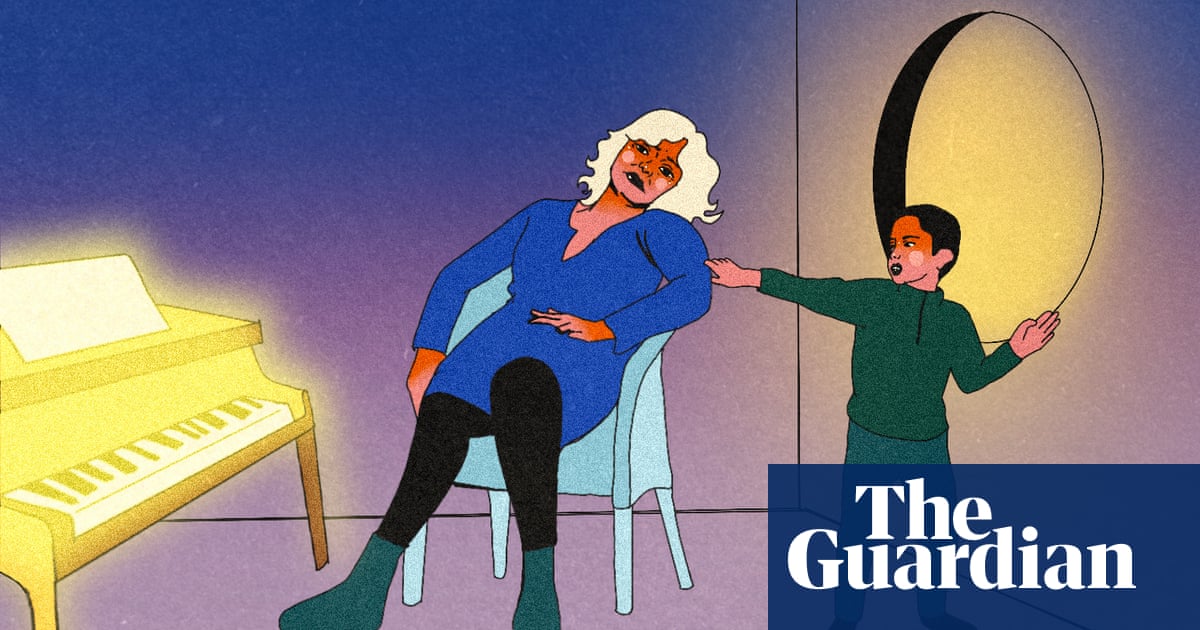Like many music fans with a conscience, I use Spotify begrudgingly. I need to listen to a vast amount of music for work; I want to listen to a vast amount of music for fun, and I would have to forgo groceries if I attempted to buy it all. Still, I resent its financial distribution model to artists: my £11.99 a month isn’t divided between the musicians I actually listen to, but proportionally related to their popularity across the platform, meaning Ed Sheeran is getting significantly more of my money than Mabe Fratti. Spotify hosts music almost certainly made by fake artists or AI; playlists are prioritised over albums; there was the whole Joe Rogan thing that made Joni Mitchell and Neil Young quit the platform for a year.
Perhaps counterintuitively, I have less ire for Spotify Wrapped, the packaging of a user’s year in listening that Spotify revamps annually with silly little made-up genre names (pink Pilates princess strut pop?) and flattering stats about being in the top 0.5% of any given act’s listeners. It unarguably puts a tidy bow on Spotify’s poor artist remuneration – as well as big-tech creep – and is nothing more than a giant marketing push that its users carry out for free. But the main gripe against it this year is the company’s frank use of AI – as if previous years’ instalments were as lovingly curated as a handmade mix CD. In a comment piece for the New Yorker titled “The hollow allure of Spotify Wrapped”, critic Brady Brickner-Wood writes: “If we can’t trust the apps to tell us a meaningful story about our art consumption, how will anyone, including ourselves, ever discover the idiosyncratic composition of our inner lives?”
Is anyone who deeply cares about music entrusting the idiosyncratic composition of their inner lives to these platforms? It seems like an astonishing fool’s errand that anyone would ever want something so personal and immeasurable from an app, in this case a tech company that has hijacked music consumption for capital and that only cares about your taste insofar as it can harvest your consumer profile for profit. But I understand the desire for a useful at-a-glance look at your music taste and have the perfect, stalwart solution to this predicament: last.fm, a data-focused archive of your listening habits.
I have been using last.fm to “scrobble” my music history since 22 April 2007, recording music I play across Apple’s Music app and Spotify (though sadly I reset it in late 2011, apparently embarrassed by my youthful taste). You can use its calendar setting to look at your artist/track/album charts from the last week/month/six months/year/all time, or any window you specify, if you’re keen to remember who you were in, say, July 2015 (a huge Julia Holter fan, apparently). It was founded in 2002 and now runs a reduced service compared to its early days, although not an enshittified one: it doesn’t package my listening back to me in stimulating graphics like Spotify does, but provides a genuinely useful, straightforward list of my life in music – when Guardian writers come to vote for our albums of the year, it’s the first place I look to discern the sound of my 2024. Moreover, as I come up on half a lifetime spent on the site, it genuinely does tell me stories about who I was and am.

As a teenager going off to uni to study French and German, I used its “recommended radio” function – my first bite of the algorithm – to discover music from those countries, and found an all-time favourite in the late French punk Lizzy Mercier Descloux. I joined the University of Bristol last.fm group before I got there and befriended someone who had great music taste and seemed cool, only to realise we had been put in the same massive house and would spend the next two years together squeezing the city’s gig scene dry. I met one of their last.fm friends when I went to Chicago a few years later; just last week we updated each other’s addresses for our annual Christmas card exchange.
It’s also played a reasonable role in my love life. In my late teens, I flirted heavily with my then-crush on its messaging function while cramming all the new-to-me bands we were about to see at my first ATP festival. When an actual dating service based its matches on the last.fm API, it proved so accurate that I’d already been out with two of my top five, one of them twice. This summer, I started seeing someone who is also an inveterate last.fm user. The social side of the site has long lapsed, but we added each other as friends for the novelty of it. Even though I already felt we were well matched, last.fm designating our comparability as “SUPER” charmed me, as does seeing my favourite music infiltrate his stats.
My account contains so much information about me that I feel like it should set off a wellbeing alarm somewhere when I’ve been listening to the National for several days straight (certainly one went off elsewhere when I accidentally leaked the track list for their surprise last album after I forgot to turn off scrobbling). Although more tellingly, at least to me, I can see I hardly played them at all in summer 2022, when my life fell apart at my own hands and I didn’t want to create negative associations with any beloved music, much as I would have found comfort in it. Instead, Haim’s Women in Music Part III became my lonely driving companion, Sam Gendel’s parched sax the soundtrack to my walks.
Last.fm can be a great motivator: a friend told me that as he’s got older, the statistics encourage him to listen as he did when he was younger because he can look back and see when his efforts at discovery are waning. It reveals to me when a musician is going from someone I’ve dabbled in to a fully fledged fave. I only discovered Clarissa Connelly a couple of months ago, but the Scottish/Danish composer has shot into my top five most-played artists of the year. The data is one thing; remembering listening to her while co-working in my flat with my aforementioned new last.fm friend is the bigger picture of what her music has come to mean to me. Similarly, Death Cab for Cutie made a return to my top three for the first time since my teens – when I posted on a music forum using one of their song titles as my handle – ahead of us seeing them in London in the summer.
But whether Spotify Wrapped or last.fm, the numbers can only ever be a prompt to remember who you really were during Brat summer, or Driver’s License January, or, you know, nihilist Gilla Band autumn 2022. We can’t trust streaming platforms to tell us a meaningful story about our art consumption and should never fall for the suggestion that they could. (For a good story on what streaming platforms have done to our consumption, meanwhile, read critic and reporter Liz Pelly’s new book Mood Machine: The Rise of Spotify and the Costs of the Perfect Playlist.)
Worst of all, some listeners seem defeated by the idea that “the algorithm” (a concept that critic Max Read debunks well) is making them boring. Break out of it! Set yourself listening seasons and projects; form a music group chat with friends and swap recommendations. Taste isn’t just what the machine feeds you, or how many times you listened to an artist, or what upper percentile of their fans you exist in, but the experiences it is woven into, the relationships it reflects, the colour it adds to your life. In my opinion, last.fm still rules – but when it comes to taste, the last word should be yours.

 2 months ago
35
2 months ago
35


